Frequently Asked Questions
1. What are the different types of knives discussed in the article?
2. What should I know about blade length when carrying a folding knife?
3. What is the difference between open carry and concealed carry for folding knives?
4. Are there any restrictions on traveling with folding knives?
5. How can I stay updated on legal changes regarding folding knives?
When it comes to folding knives, many enthusiasts and outdoor adventurers appreciate their practicality and versatility. However, these handy tools come with a few legal strings attached that every user should be aware of. In this article, we’ll delve into the essential legal considerations you need to keep in mind when carrying pocket knives. Understanding the law not only keeps you safe but also ensures responsible ownership and use. Let’s dive into the intricacies of legality surrounding folding knives!
Understanding Knife Laws in Your Area
Before carrying a pocket knife, it is crucial to familiarize yourself with local laws regarding folding knives. Regulations vary widely across states, municipalities, and even counties. Here are some key factors you should consider:
Types of Knives and Their Classifications
Knives are typically divided into several categories, including:
- Folding Knives: These knives have blades that fold into the handle, making them compact and convenient.
- Fixed Blade Knives: Unlike folding knives, these do not fold and usually come with a sheath.
- Spring-Assisted Knives: These knives open automatically when a certain level of pressure is applied.
- Switchblades: Often illegal in many regions, they have blades that deploy with the push of a button.
When checking the legality of folding knives, it is essential to understand what type of knife you own and the associated regulations.
Choosing an Appropriate Blade Length
Many states have specific laws regarding the maximum blade length for knives carried in public. For example, some areas might allow blades up to 4 inches, while others could impose stricter limits. It’s always wise to measure and know your knife specifications. Carrying a knife longer than permitted can result in fines or even criminal charges.
Open Carry vs. Concealed Carry
Your rights may differ significantly based on whether you carry your folding knife openly or concealed. Here's what you need to know:
Open Carry Laws
Open carry means that your knife is visible to others. In many regions, open carry of folding knives is permitted, but some states have specific laws on how the knife must be carried—such as sheathed or in an accessible pocket. Be mindful of the local customs too; even if it’s legal, open carry might draw unwanted attention.
Concealed Carry Laws
Concealed carry is when your knife is hidden from view. Laws regarding concealed carry can be more stringent. Some states require a permit for concealed carry, while others may prohibit it altogether for certain types of knives. Always check the requirements in your jurisdiction to avoid legal issues.
Traveling with Folding Knives
Traveling with a folding knife comes with its own legal hurdles. Regulations can differ not just from state to state, but also from country to country. Here’s what you need to take into account:
Air Travel Regulations
When flying, TSA regulations prohibit all knives, including folding knives, in carry-on luggage. Such items should be placed in checked baggage. Each airline may have additional restrictions, so it’s advisable to review their guidelines before traveling with your knife.
State Lines and Crossing Borders
Crossing state lines or international borders with a folding knife can introduce complexity. Laws can change not only between states but also when entering another country. For example, what is permissible in your home state may be classified as illegal in another. Be especially vigilant when carrying folding knives when traveling to areas with stricter knife laws.
Self-Defense Laws and Knife Use
Many people carry a pocket knife for self-defense. It’s crucial to differentiate between carrying a knife for practical use and using it as a weapon. Here are some considerations:
Justifiable Use of Knives
In most jurisdictions, laws require that self-defense must be reasonable and necessary. Using a folding knife could be seen as excessive force unless you are facing a legitimate threat. It’s important to understand the boundaries of self-defense laws applicable in your area to avoid potential charges.
Carrying Knives in Public Spaces
Many public spaces, such as schools and government buildings, strictly prohibit carrying knives. This includes folding knives. Always check the rules of venues before heading out, as violating these rules can result in fines or even arrest.
Responsible Ownership and Mindful Carrying
Responsible ownership of a folding knife goes beyond just adhering to the laws. It involves being aware of how your knife might impact those around you:
Maintain a Mindset of Safety
Knives should be treated as tools and not weapons. Always prioritize safety when handling or carrying your knife. Ensure that your knife is stored securely when not in use and that your methods of carrying it do not pose risks to you or anyone else.
Educate Yourself and Others
Stay informed about local laws and educate others, especially young or inexperienced knife users, about the responsibilities that come with ownership. Building a community of informed knife enthusiasts can promote a culture of safety and legality.
Engaging with Your Local Community
If you’re a knife enthusiast, consider engaging with others who share your passion. This could include joining local knife clubs or participating in workshops. These avenues can provide valuable insight and support for safe knife practices. Here are a few options:
- Knife Shows: Attend events that showcase various types of knives, including folding knives.
- Local Meetups: Find enthusiasts in your area and share experiences and knowledge about laws, skills, and ethical practices.
- Workshops: Participate in workshops that teach you the best ways to handle, maintain and repair your folding knives safely.
Adding Value: Staying Updated on Legal Changes
As laws often change, one of the most responsible practices is to stay informed about any legal updates related to folding knives. Subscribe to newsletters, follow legal blogs, or join forums discussing knife regulations in your area. Knowing the latest rules can help you maintain your rights while also respecting the laws.
Your Next Steps as a Knife Owner
Now that you’re equipped with knowledge regarding the legal considerations of carrying folding knives, it’s time to take responsible action. Start by:
- Researching the laws specific to your locality.
- Understanding the type of knives you can carry.
- Being mindful of how you carry your knife in public.
- Joining local groups to stay informed.
Each responsible action build a safer environment for all knife owners. By learning about legal considerations and fostering a community of safe practices, you benefit not just yourself but also those around you.
Carrying Pocket Knives: A Journey of Knowledge and Safety
In your journey as a knife enthusiast, understanding the legal boundaries is as crucial as enjoying the functionality of a folding knife. Carry your knife with confidence while respecting the laws, ensuring safe practices, and building community connections. By staying informed, you can truly appreciate the artistry and utility of pocket knives while keeping the law on your side!




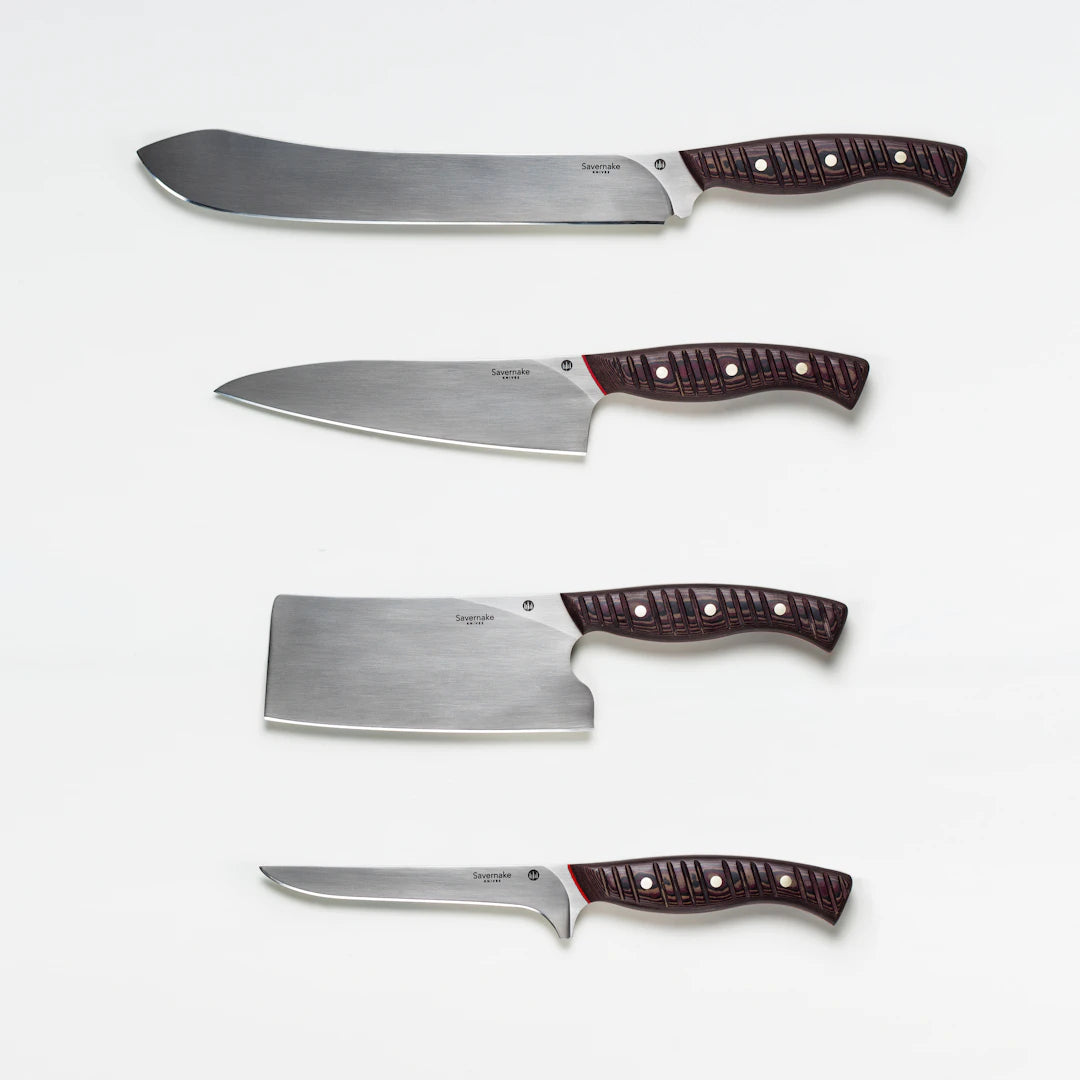
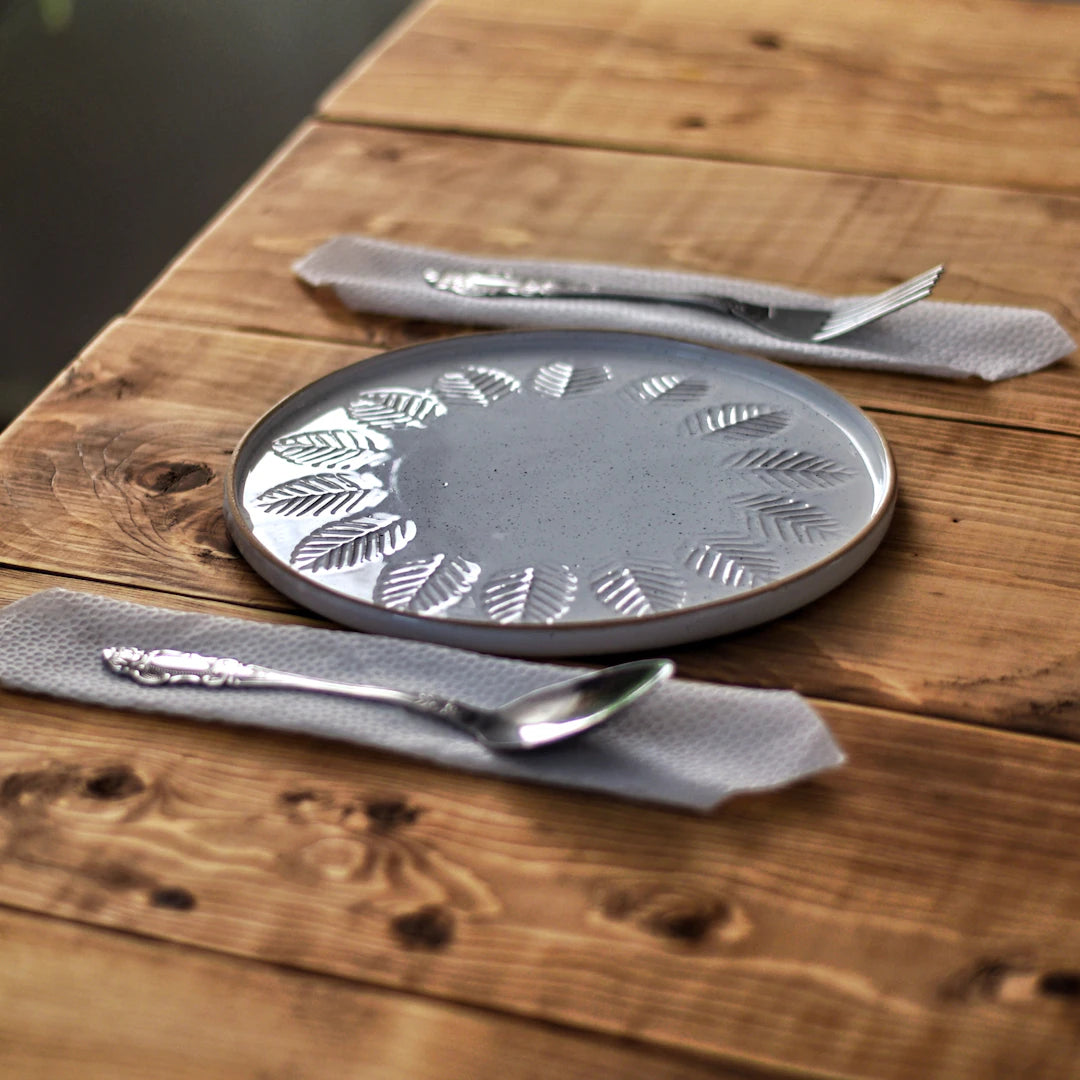
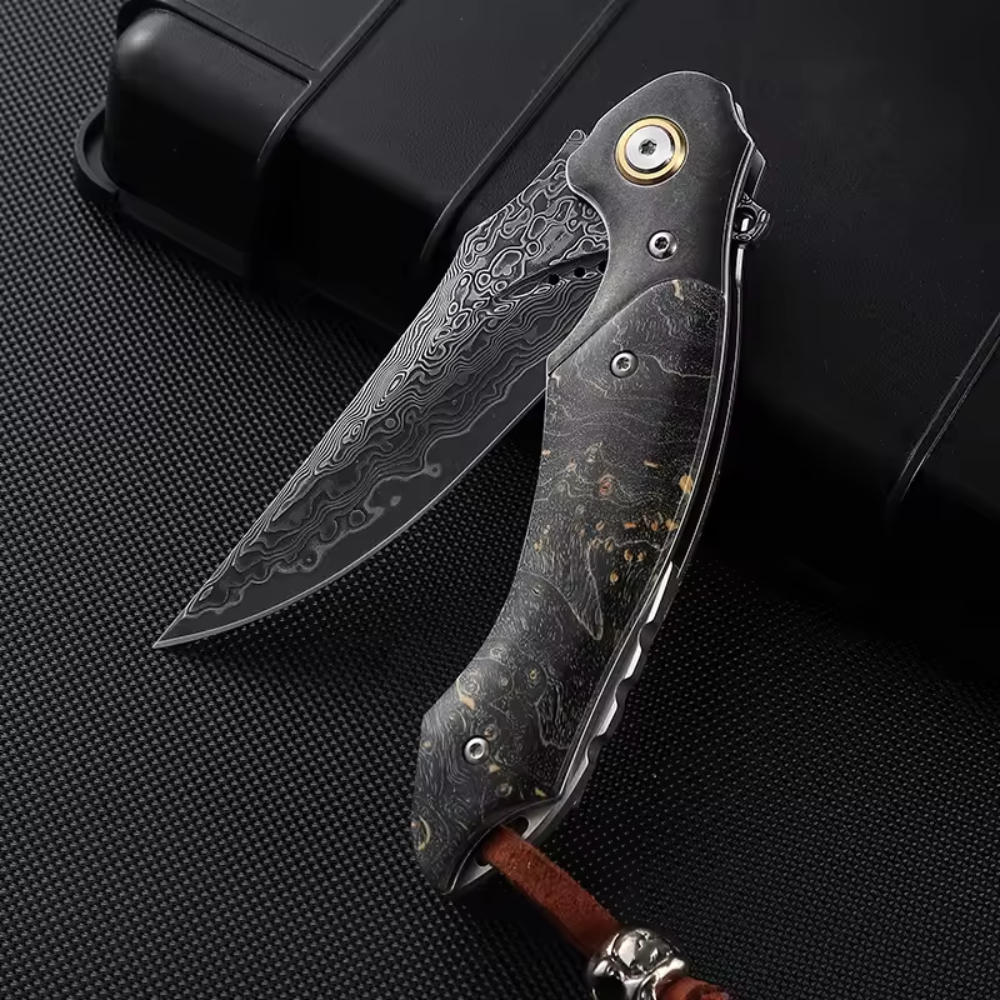
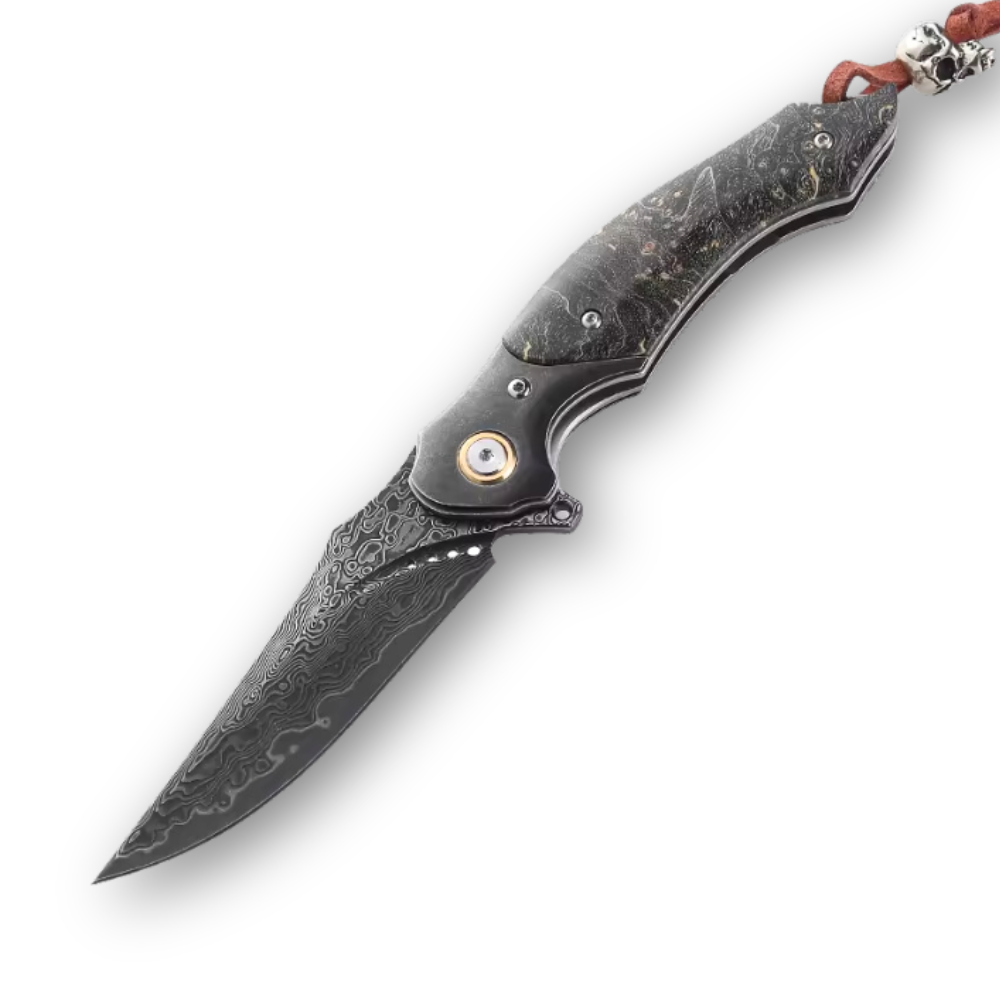
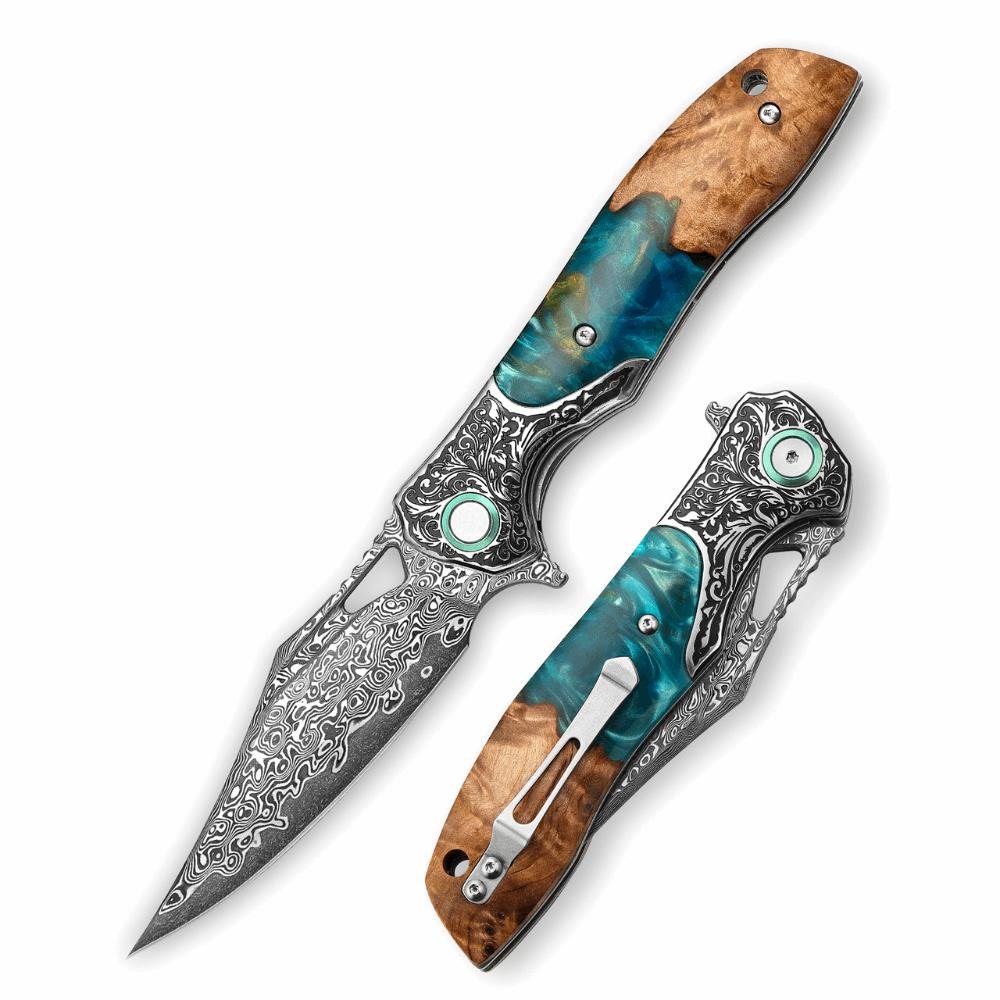
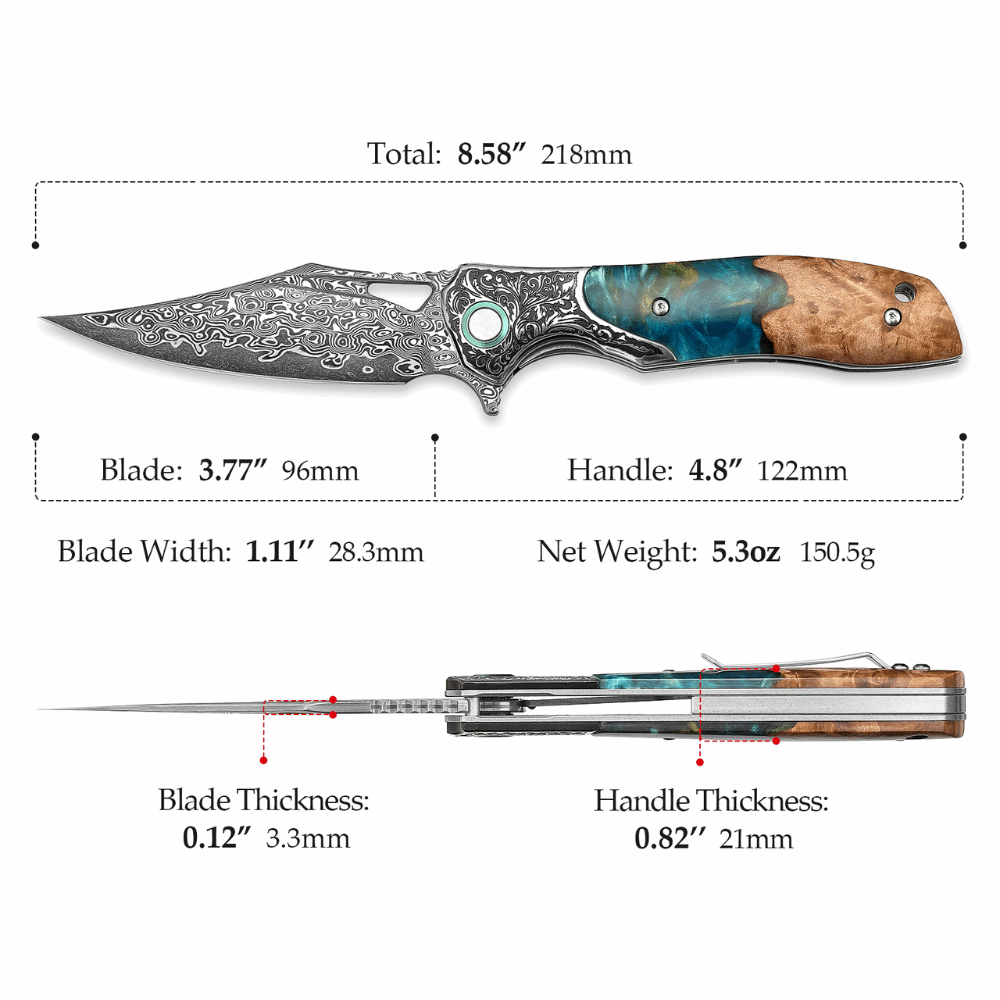
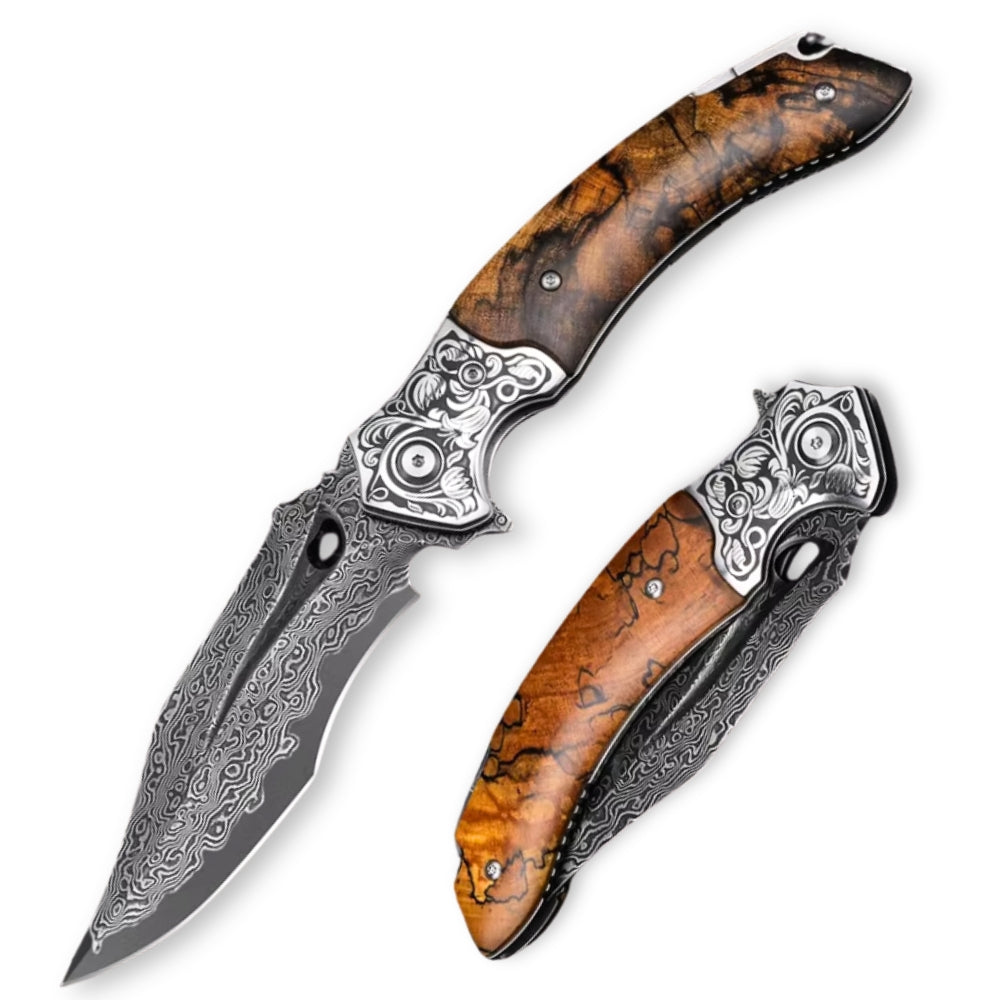
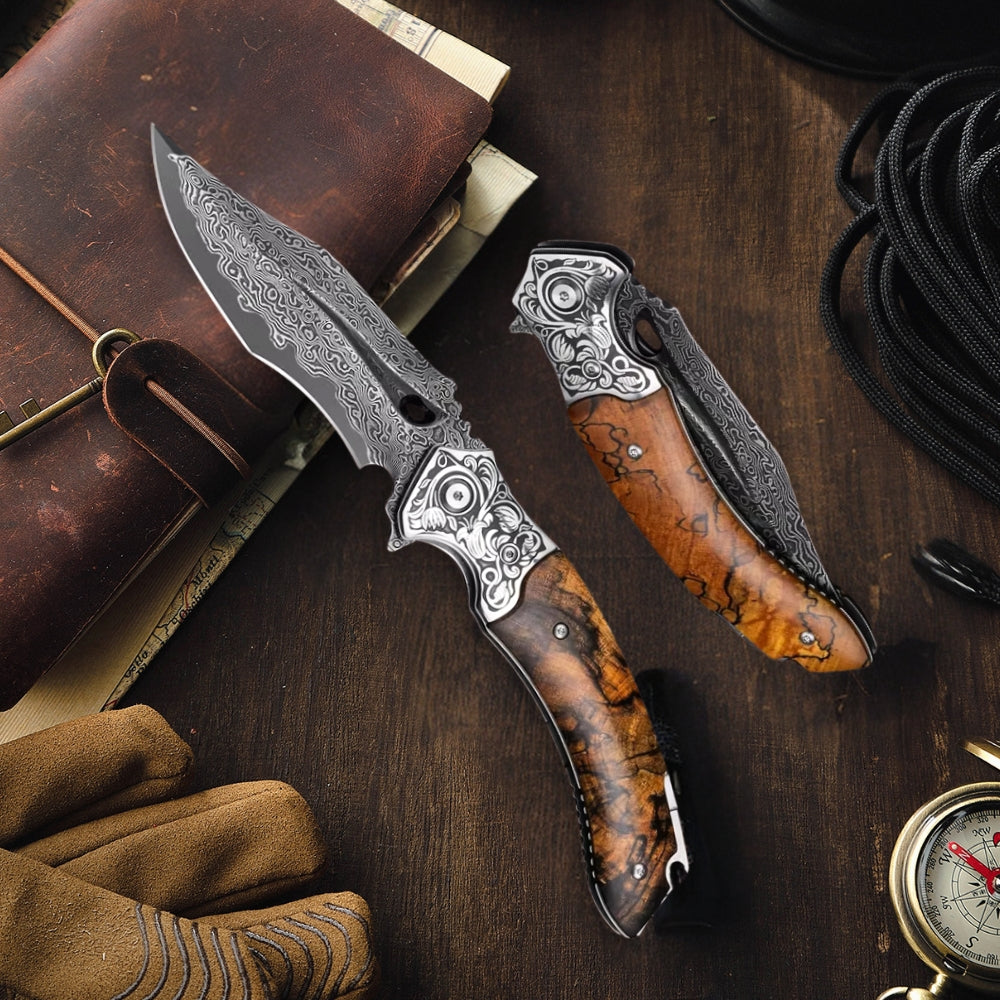
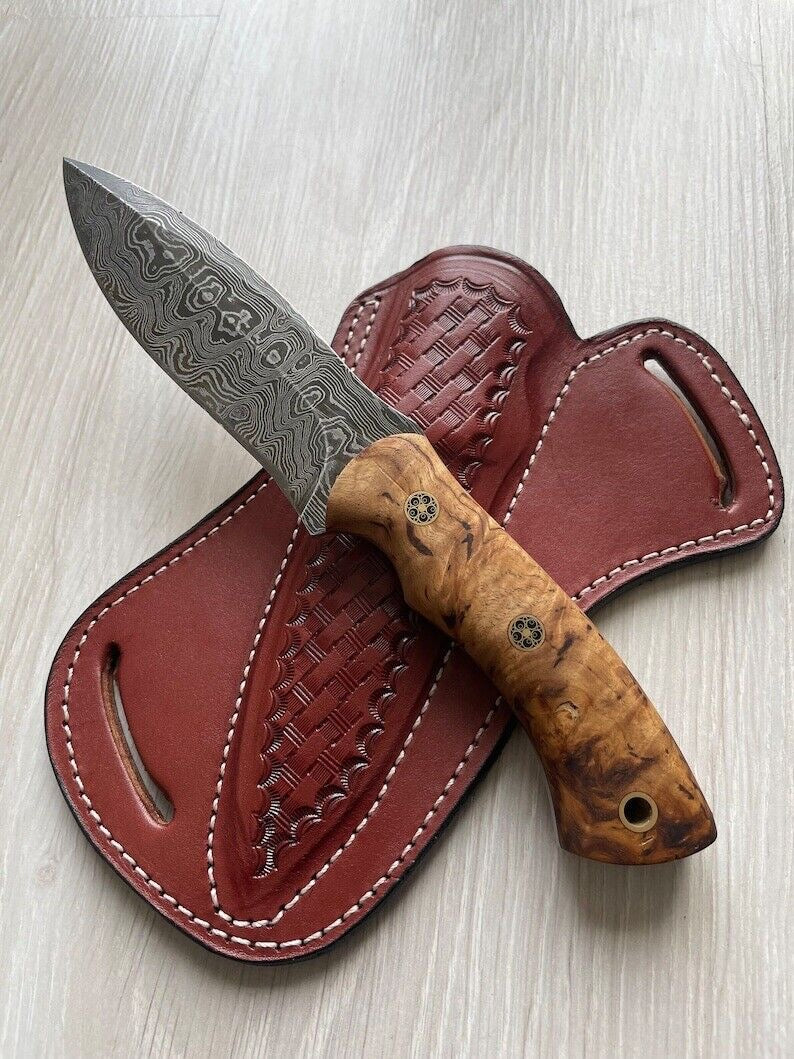
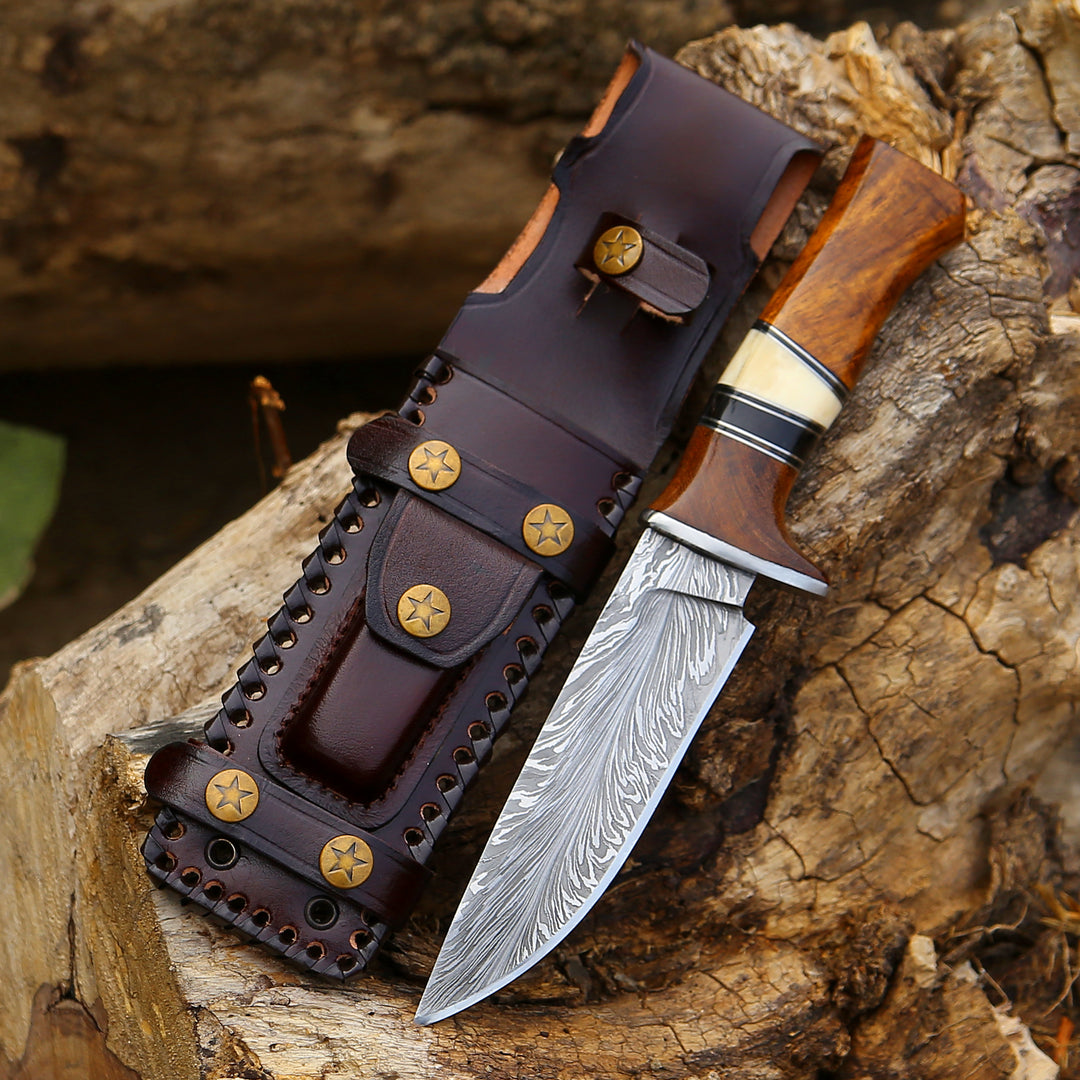
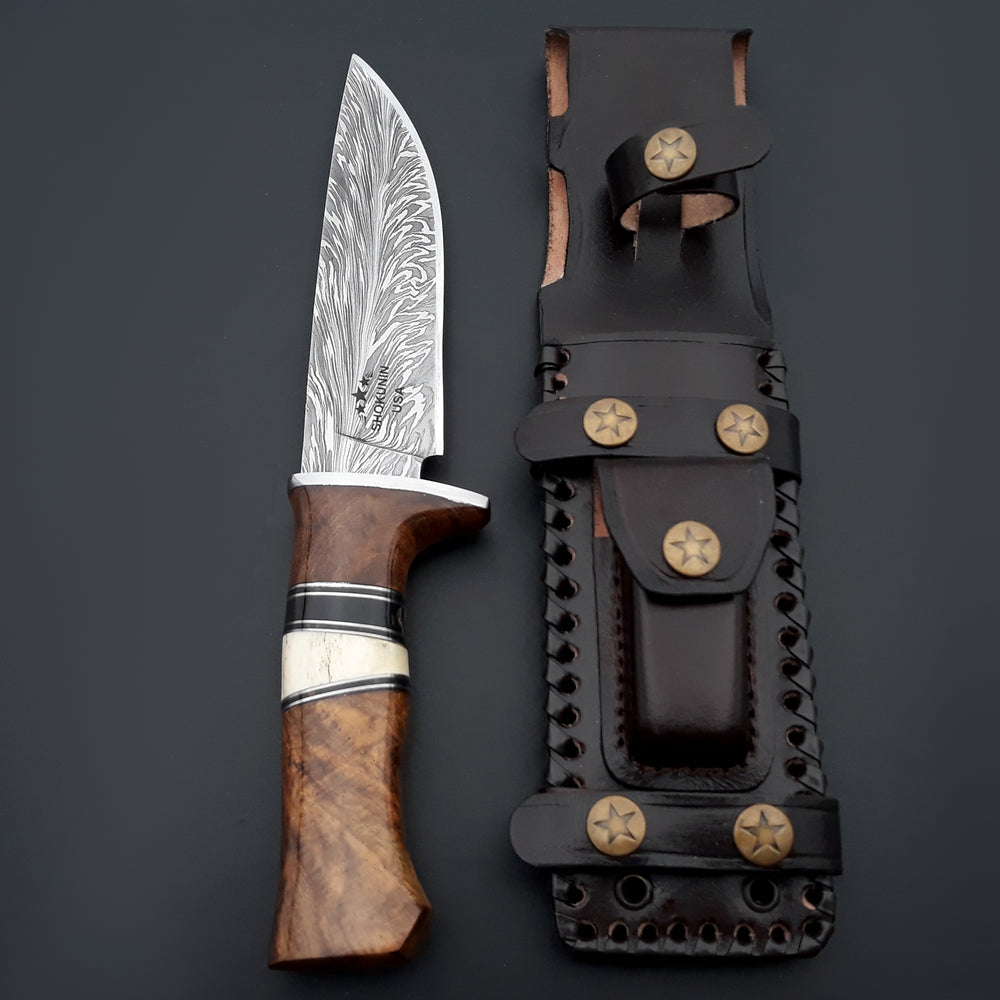
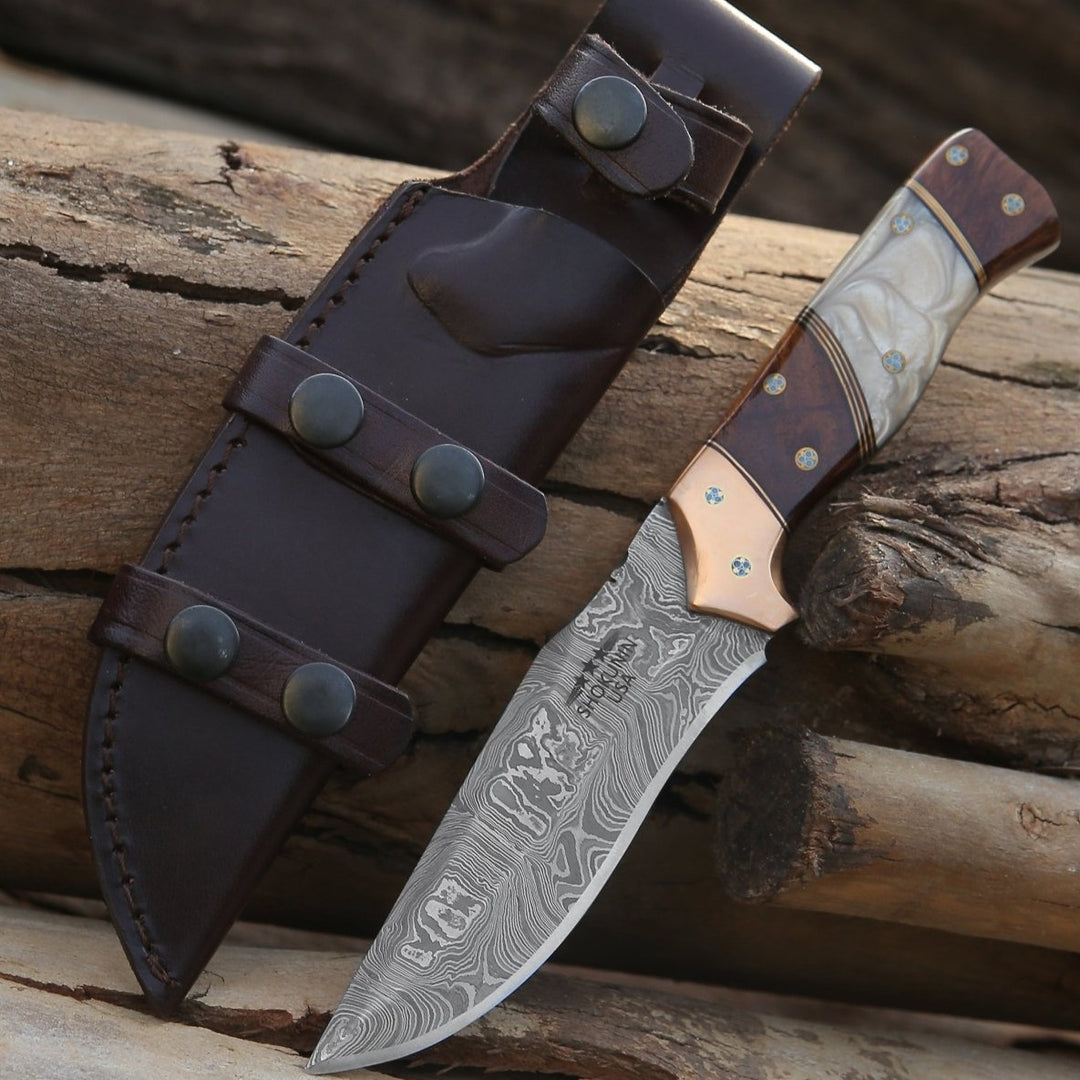
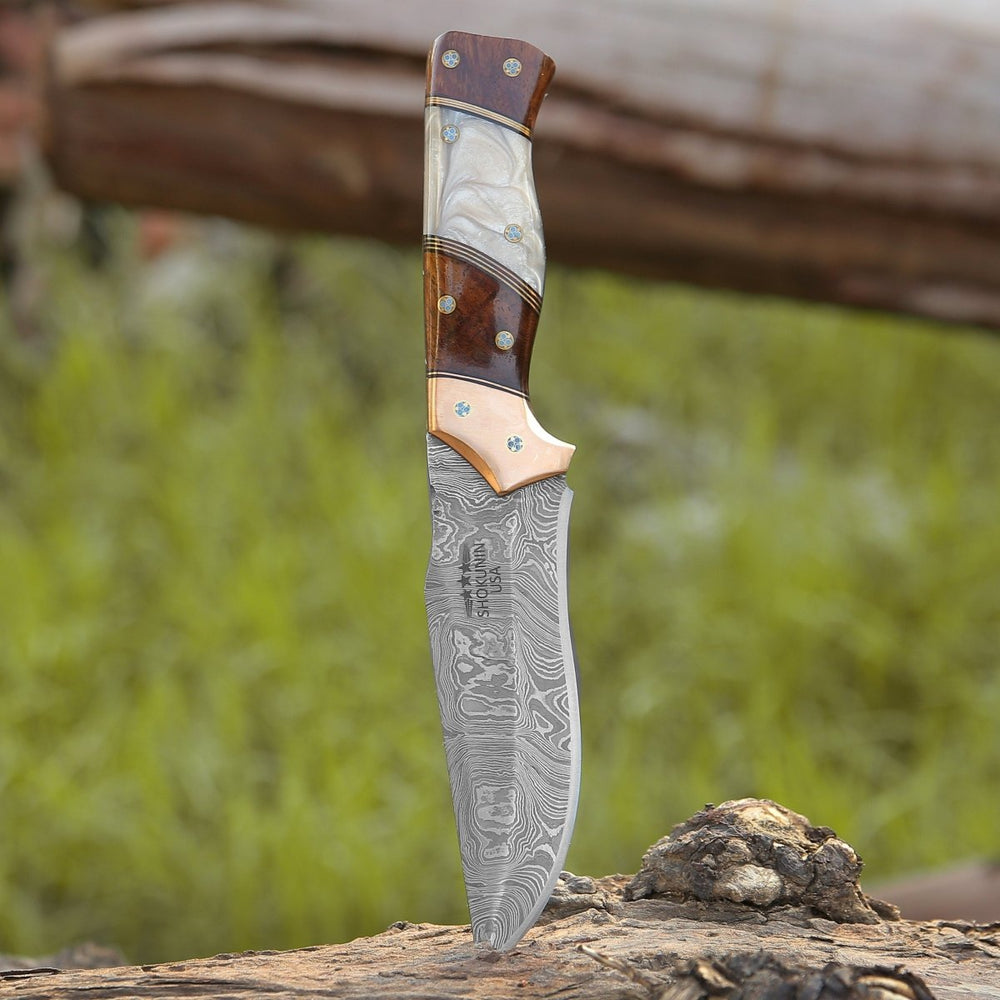
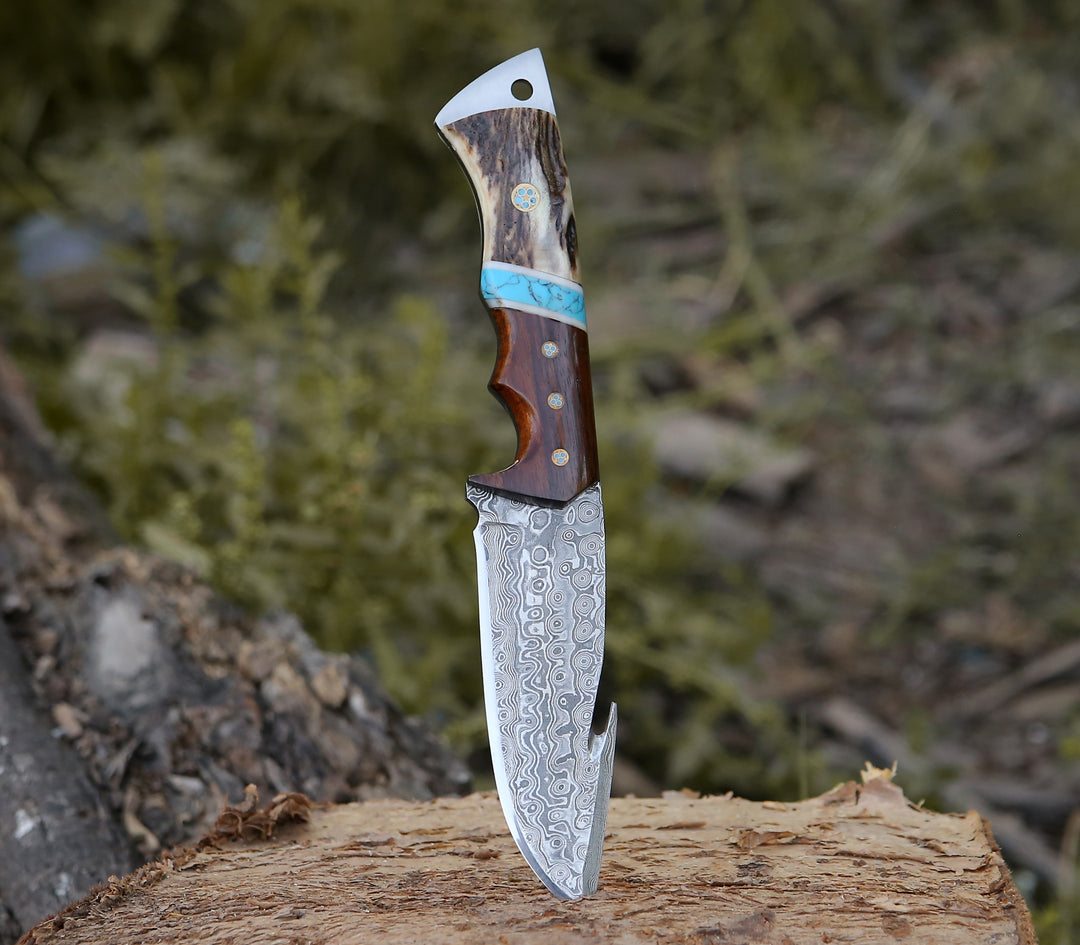
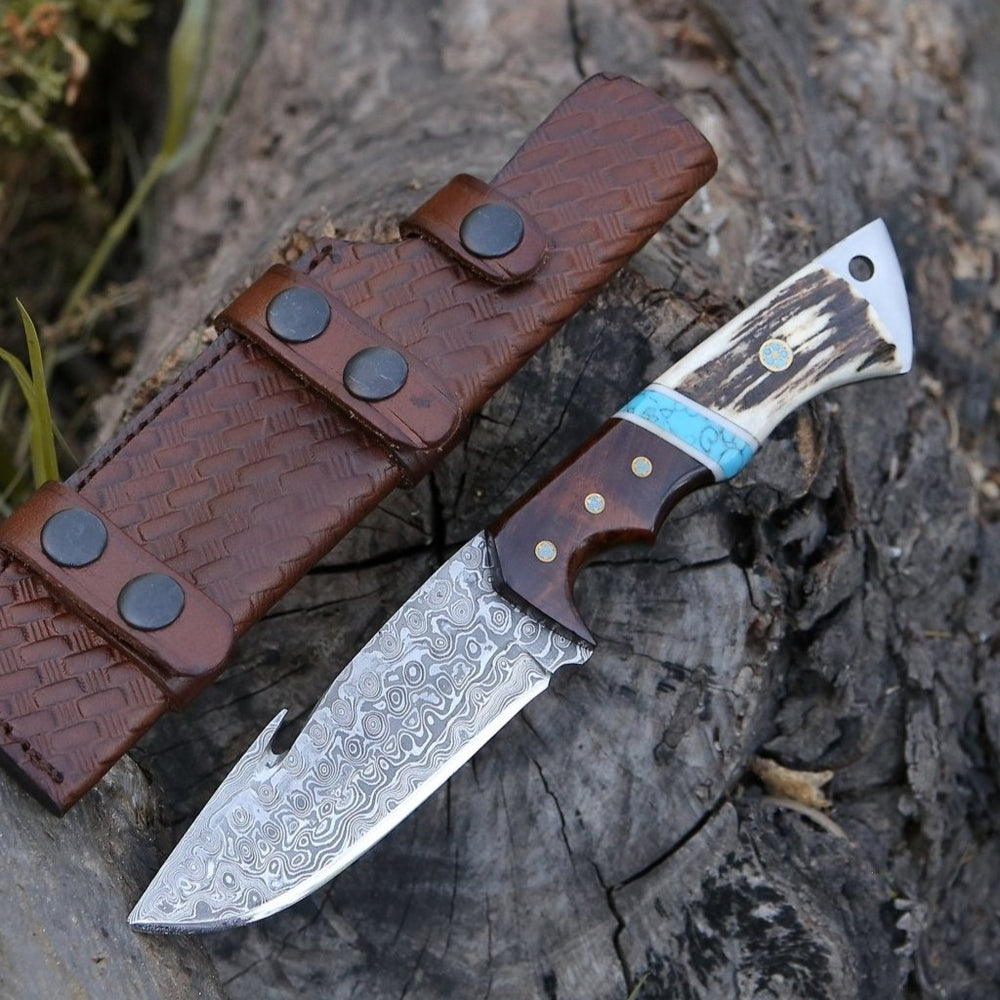
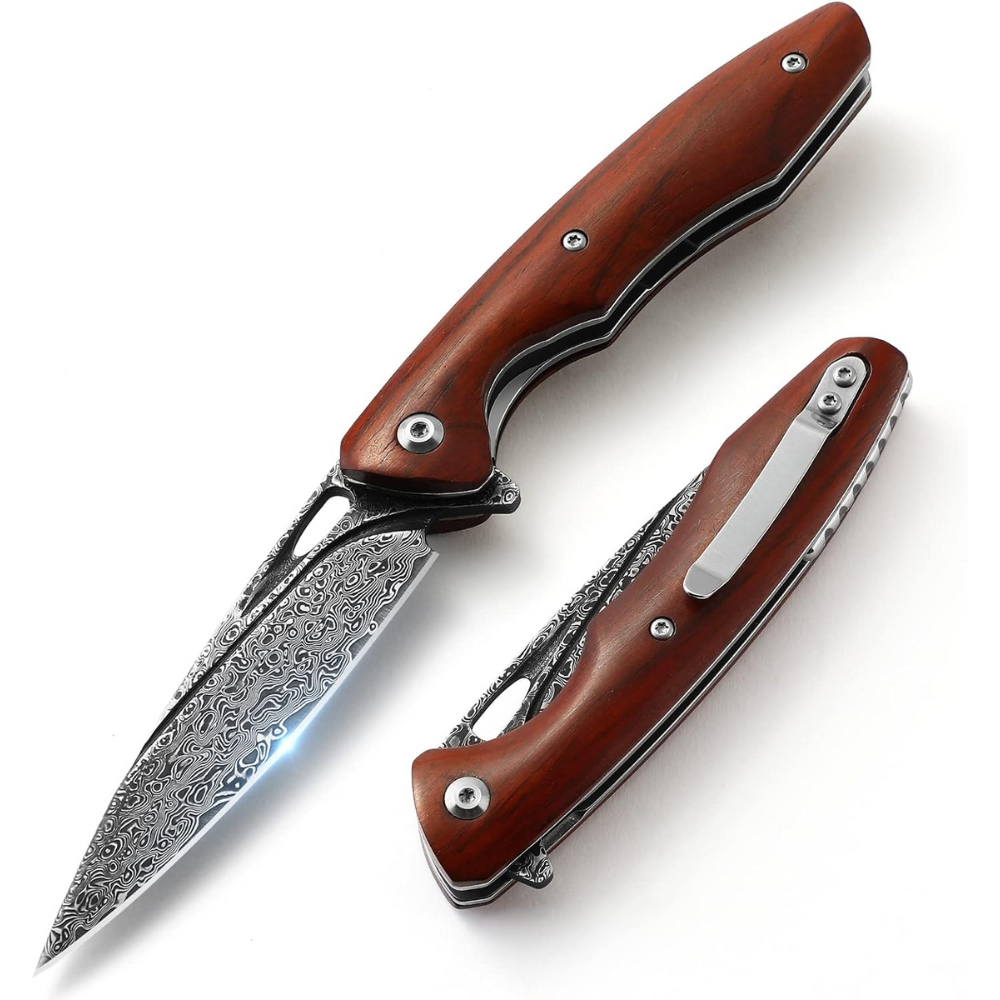
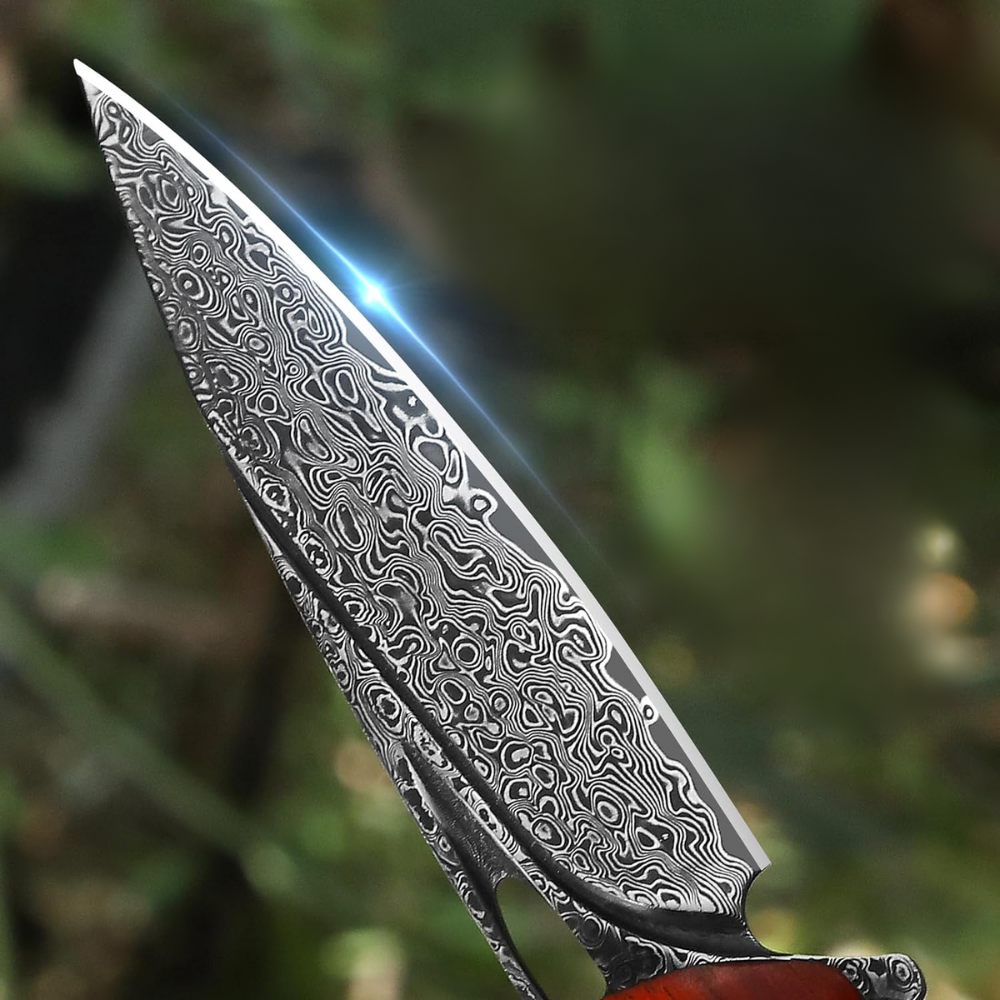
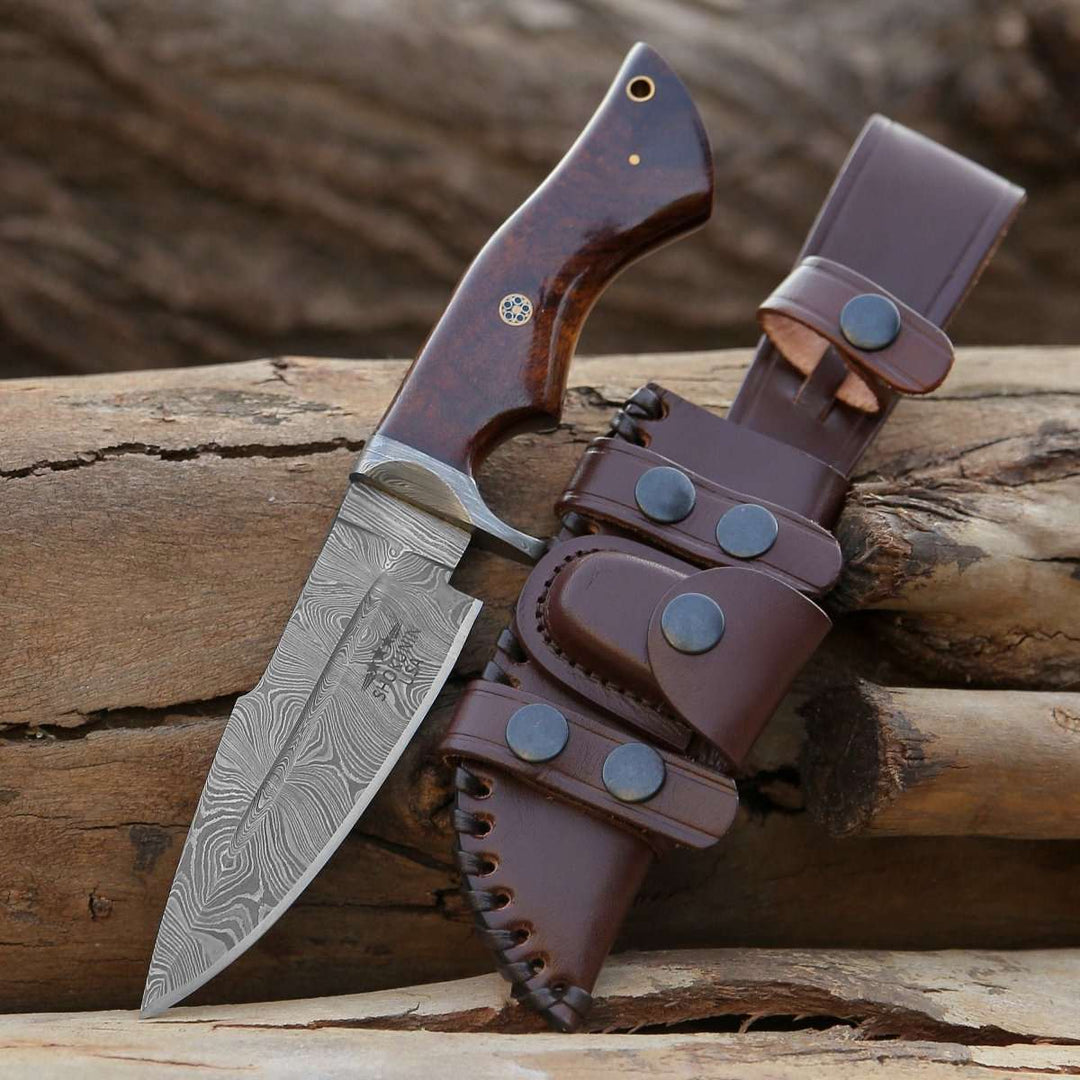
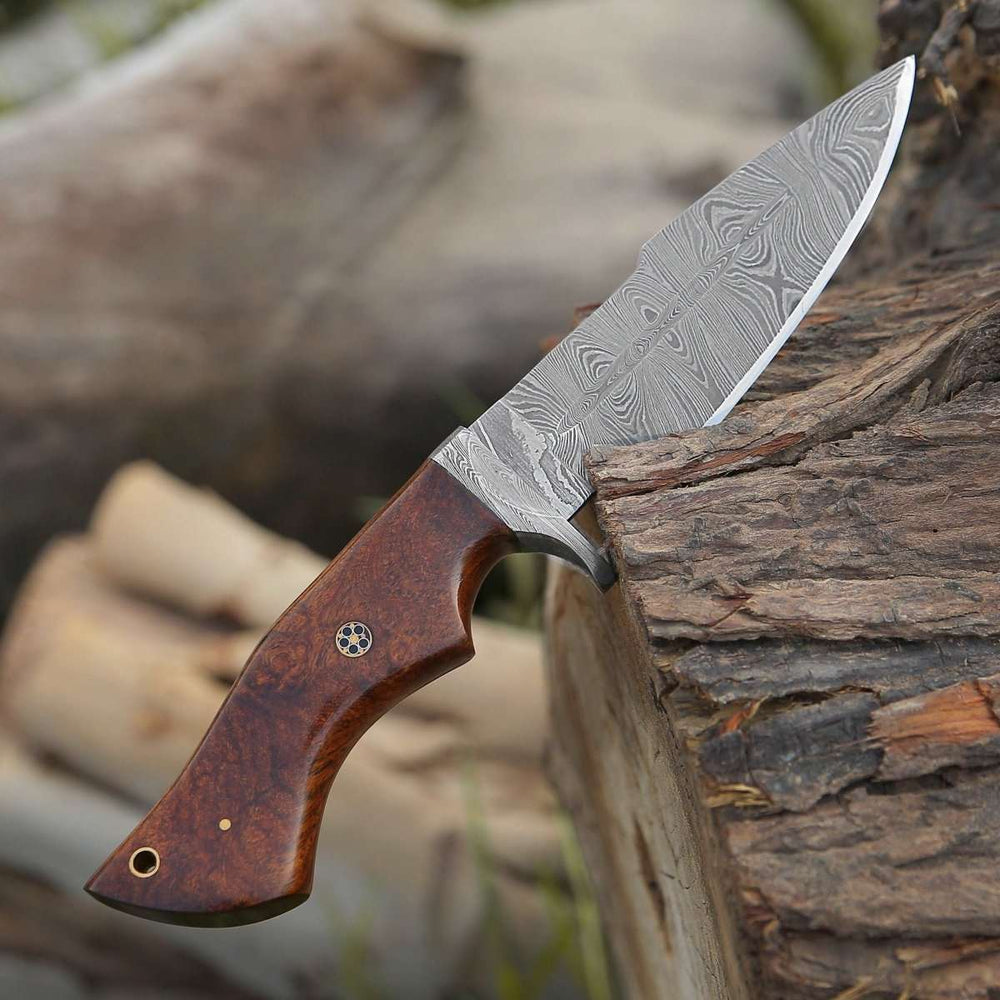
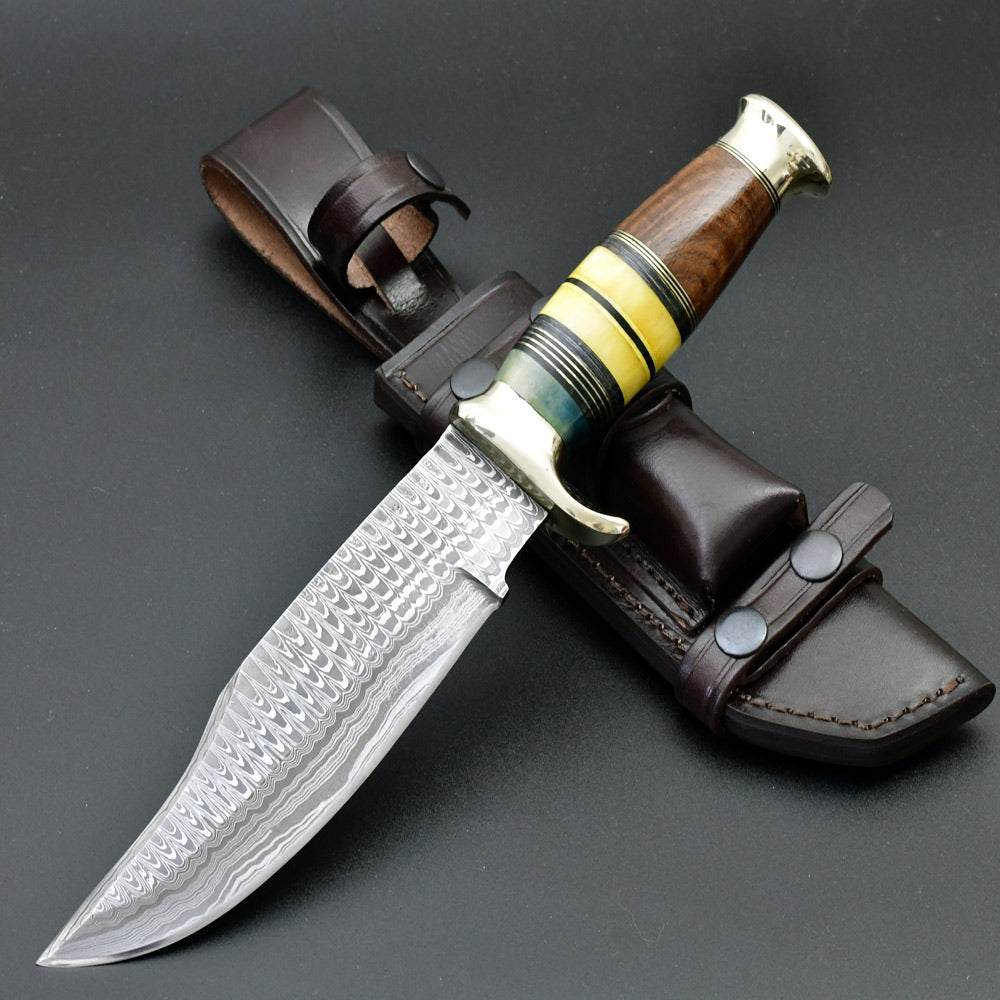
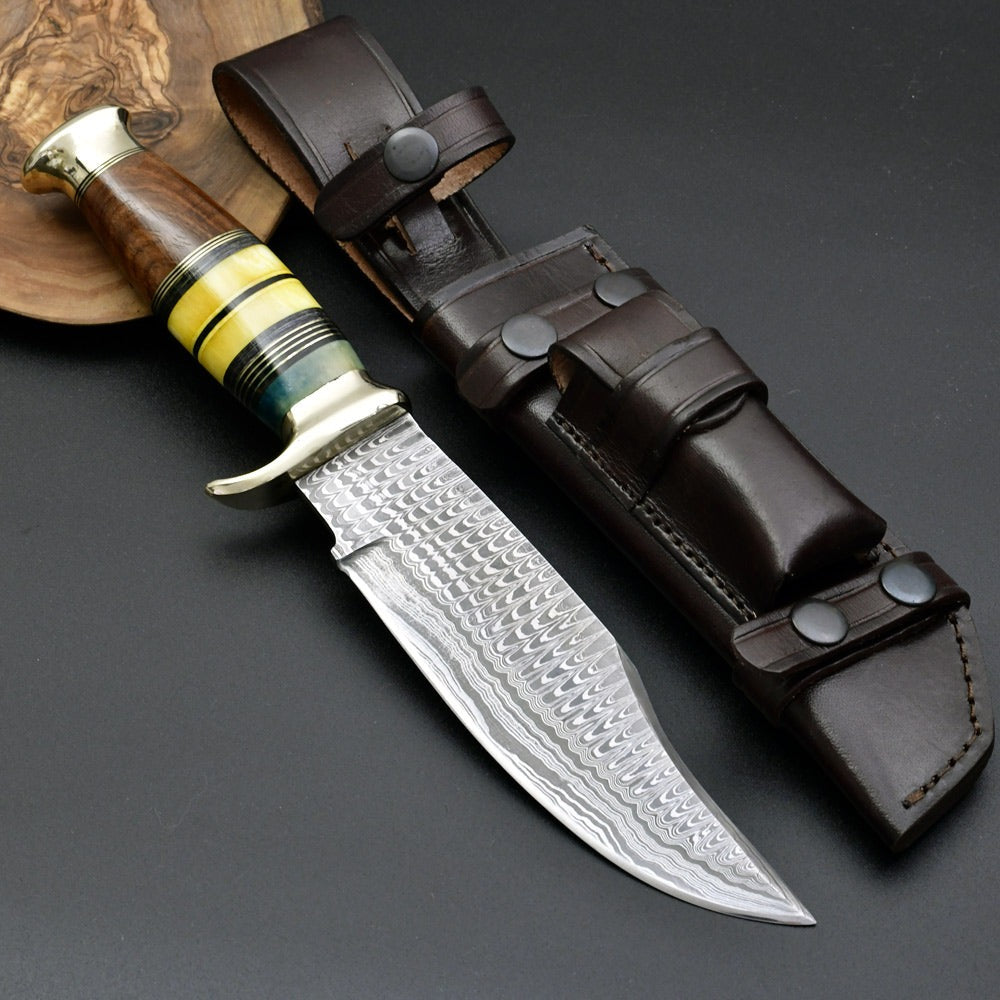
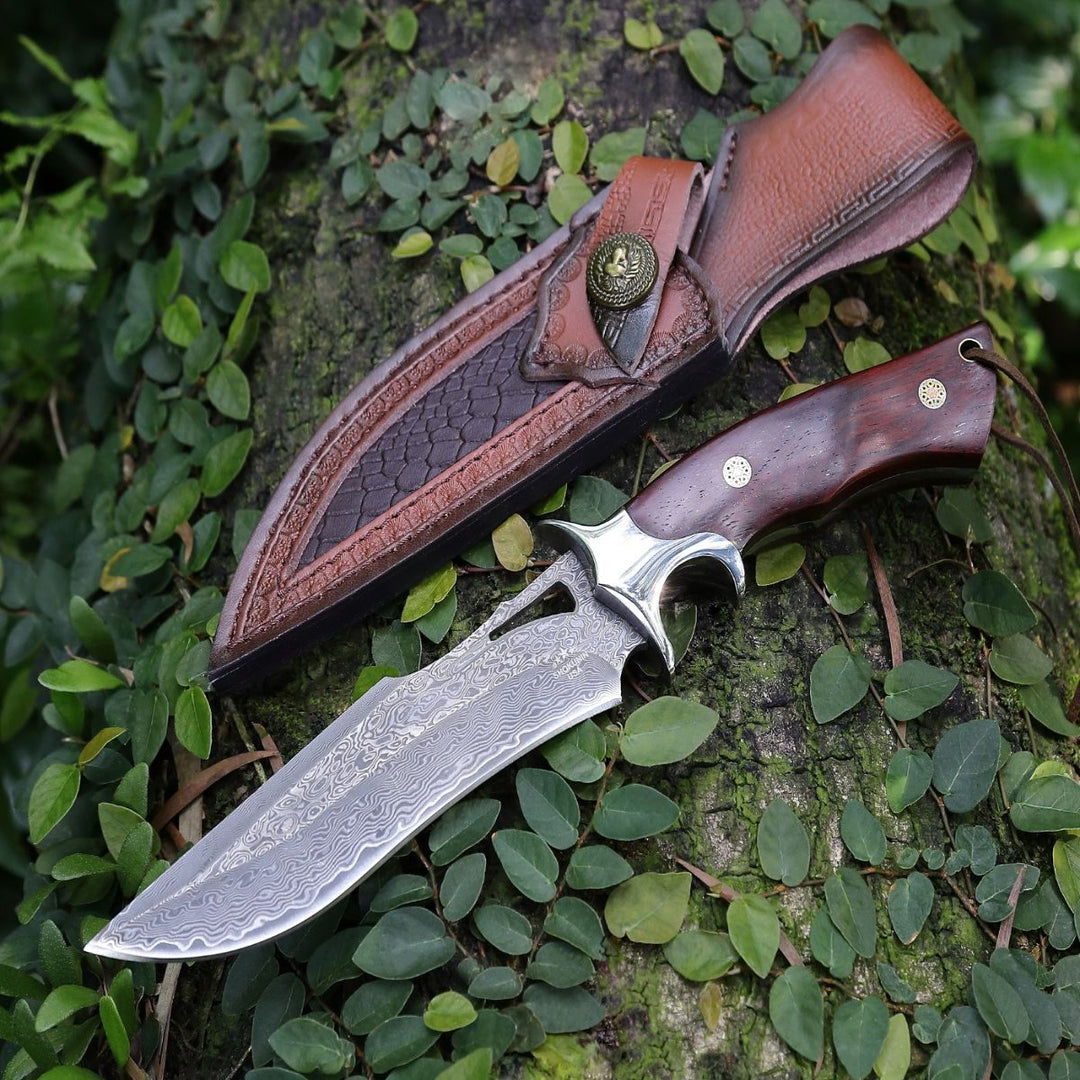
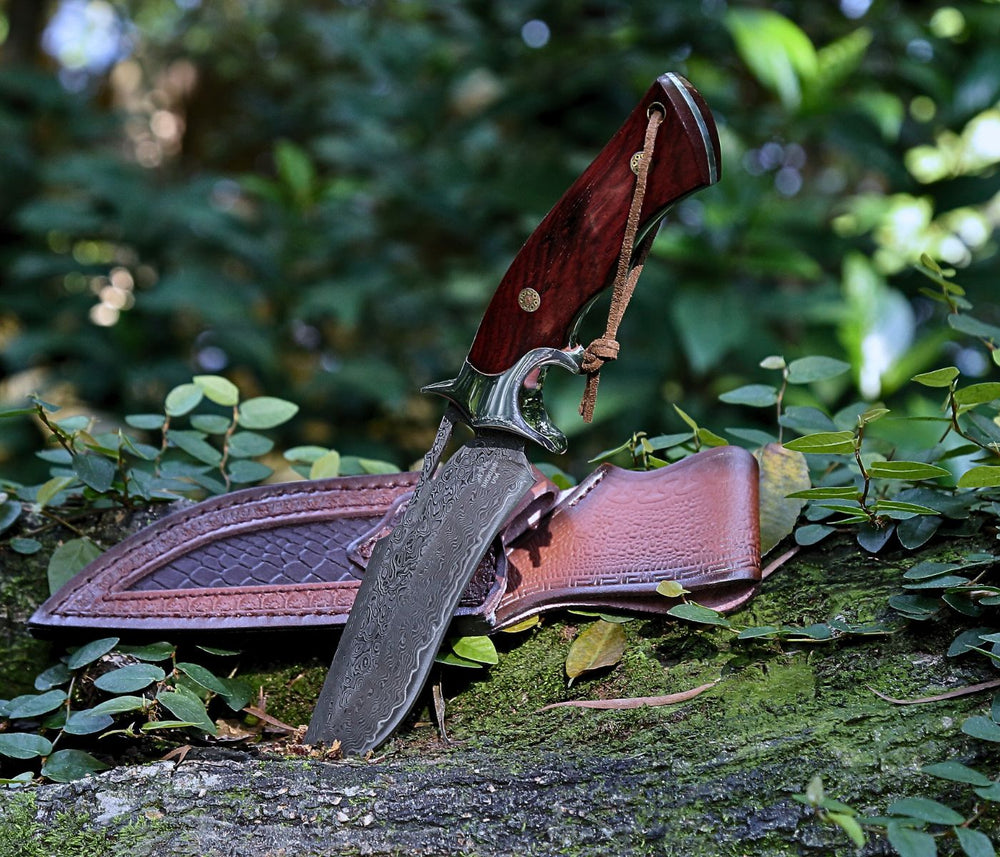
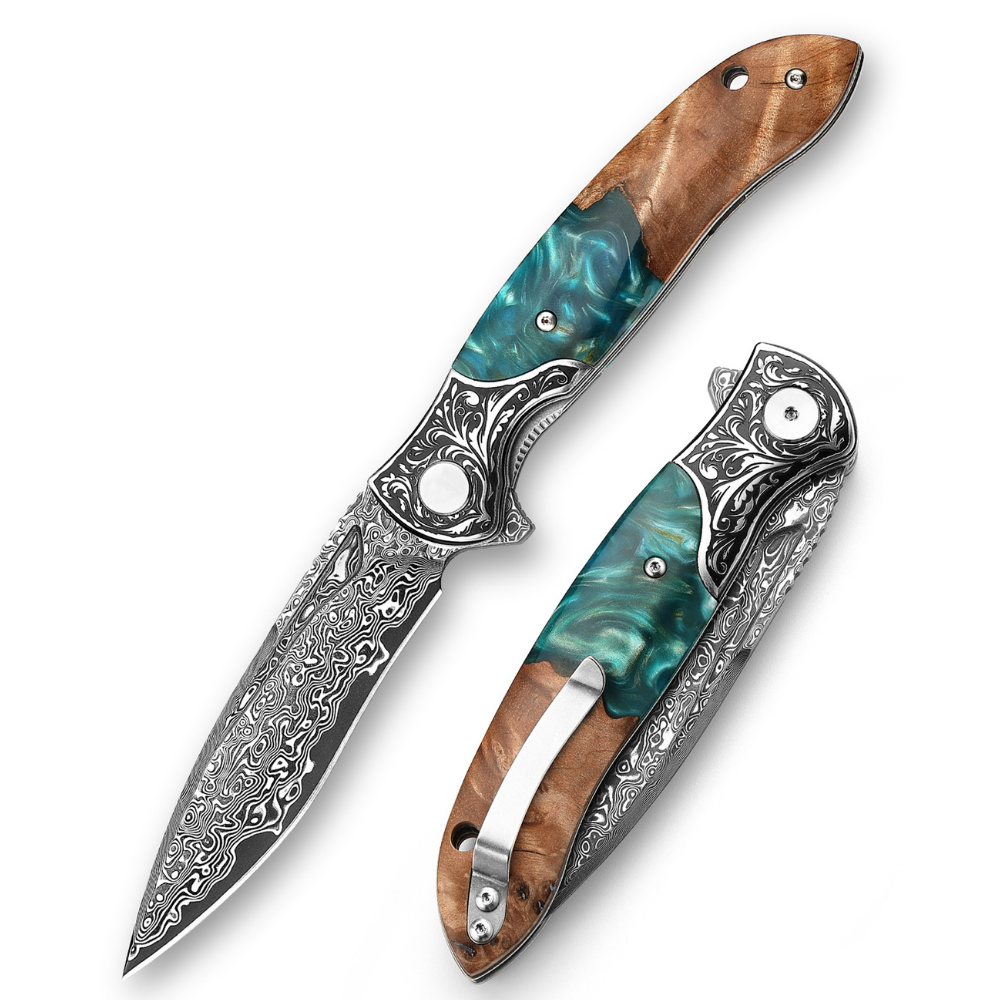

Leave a comment